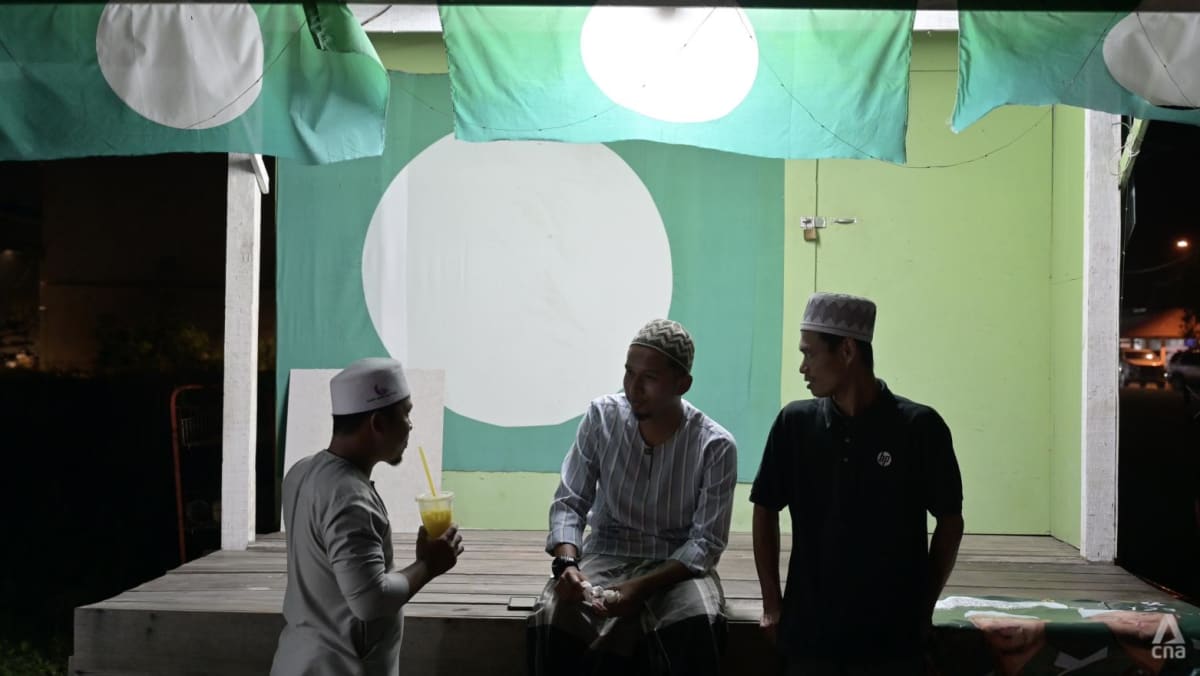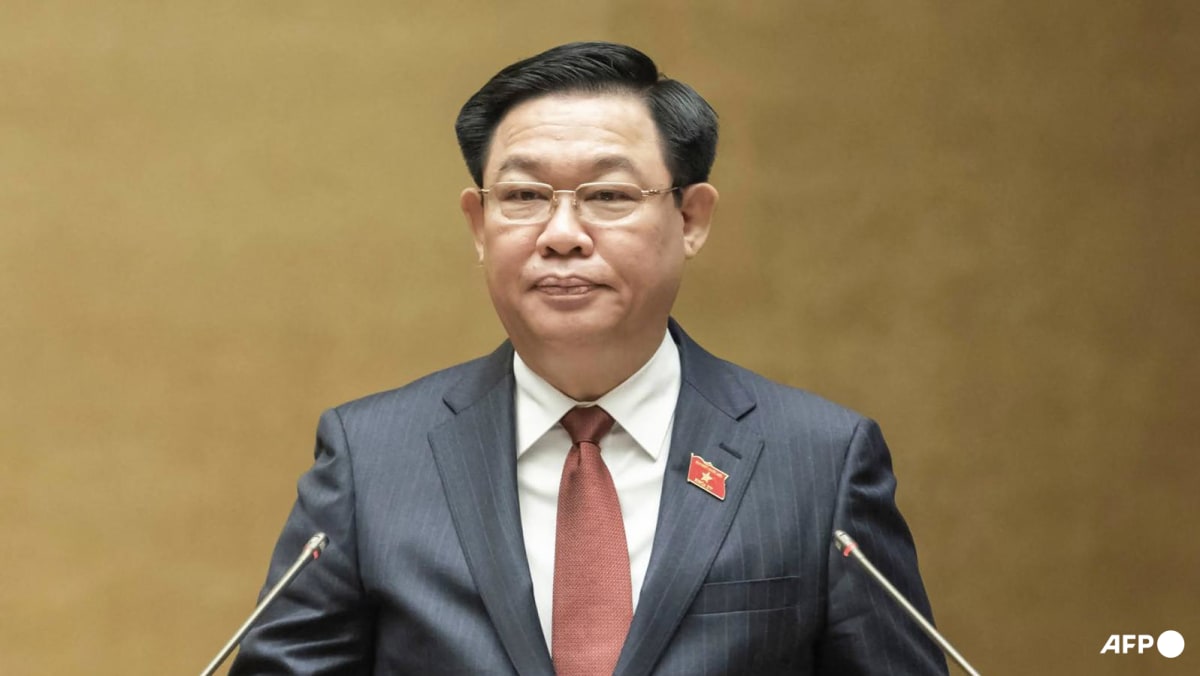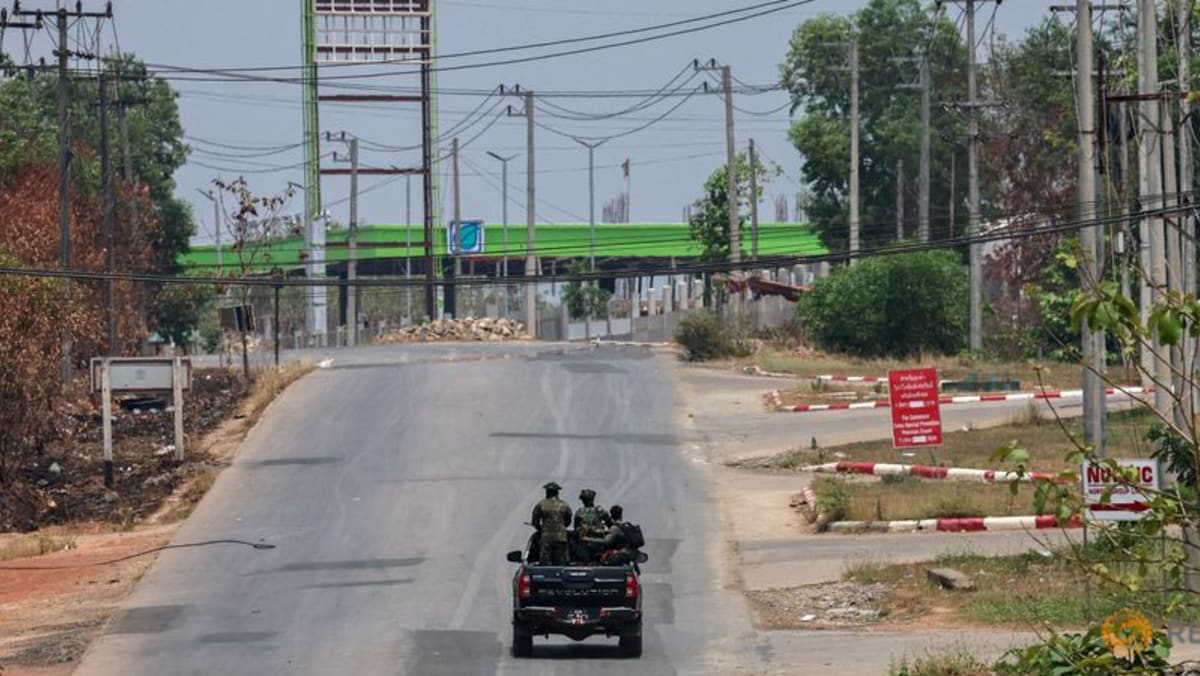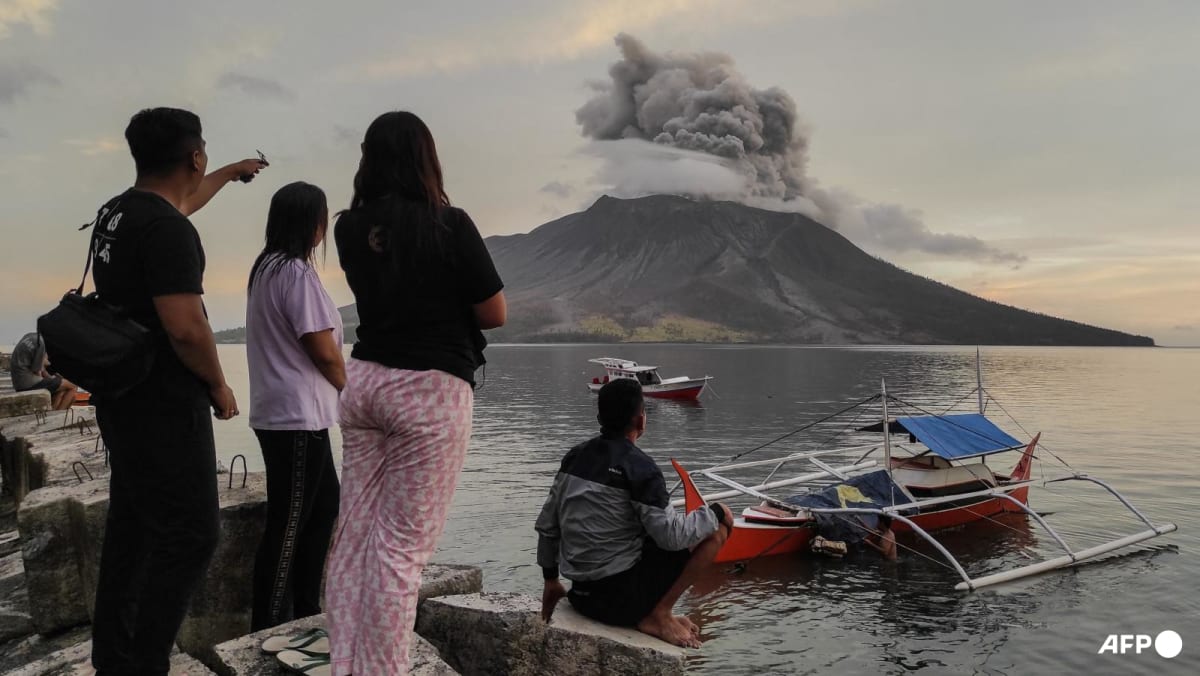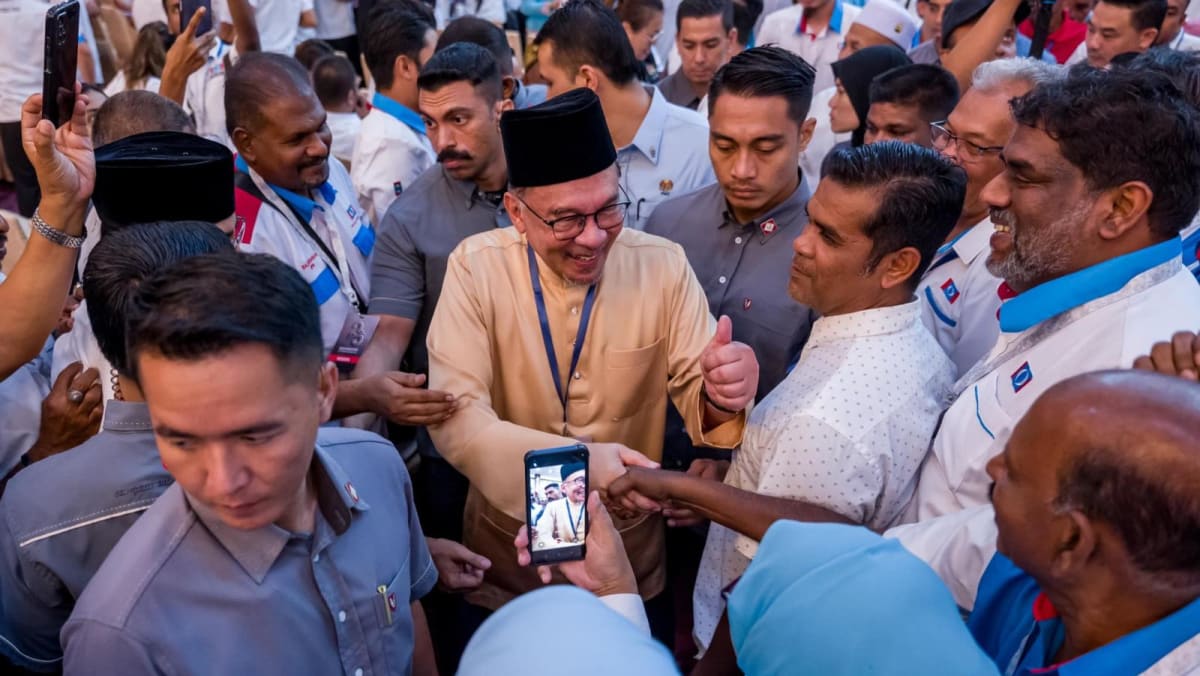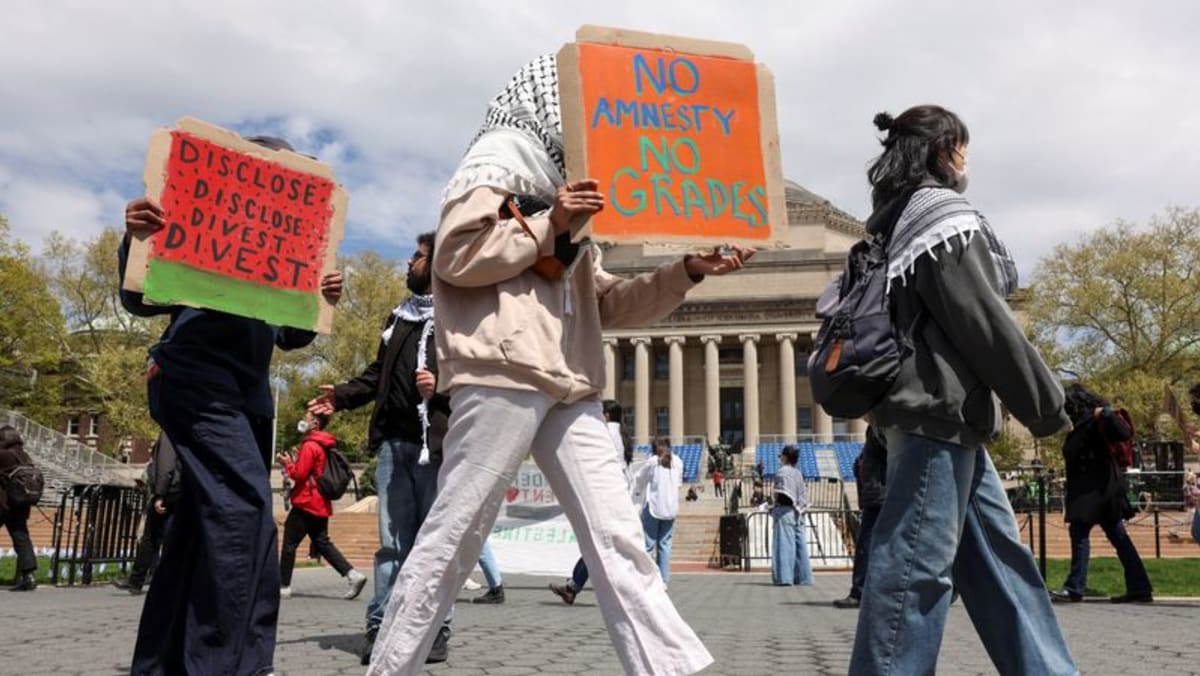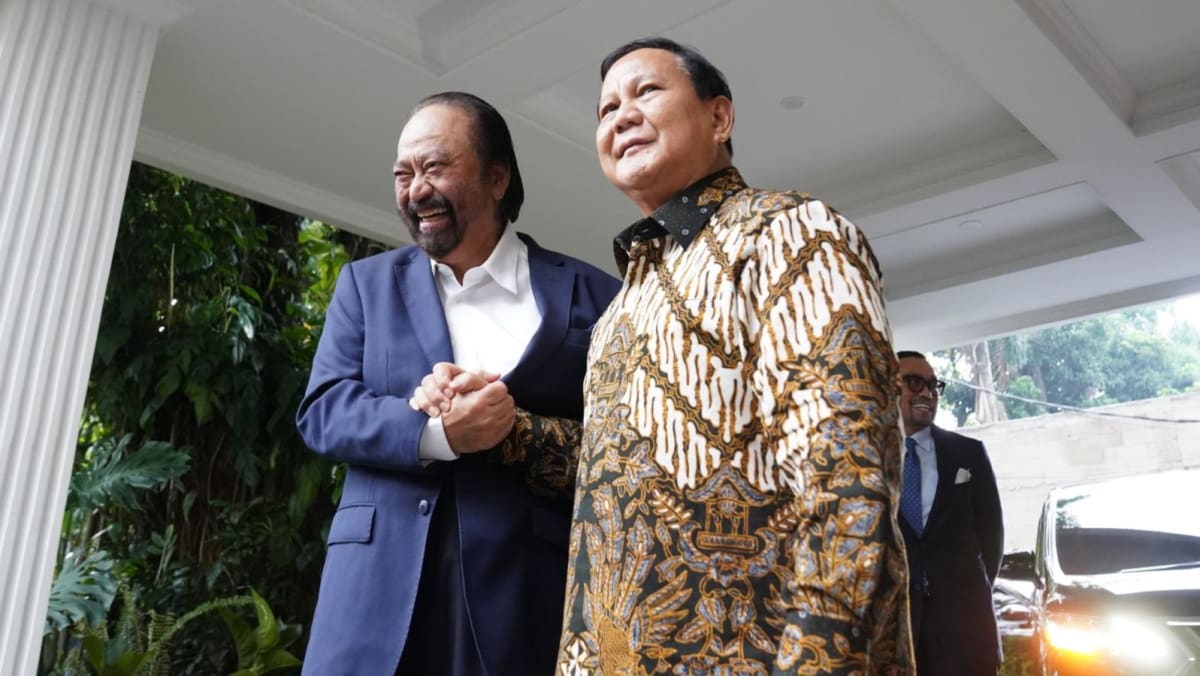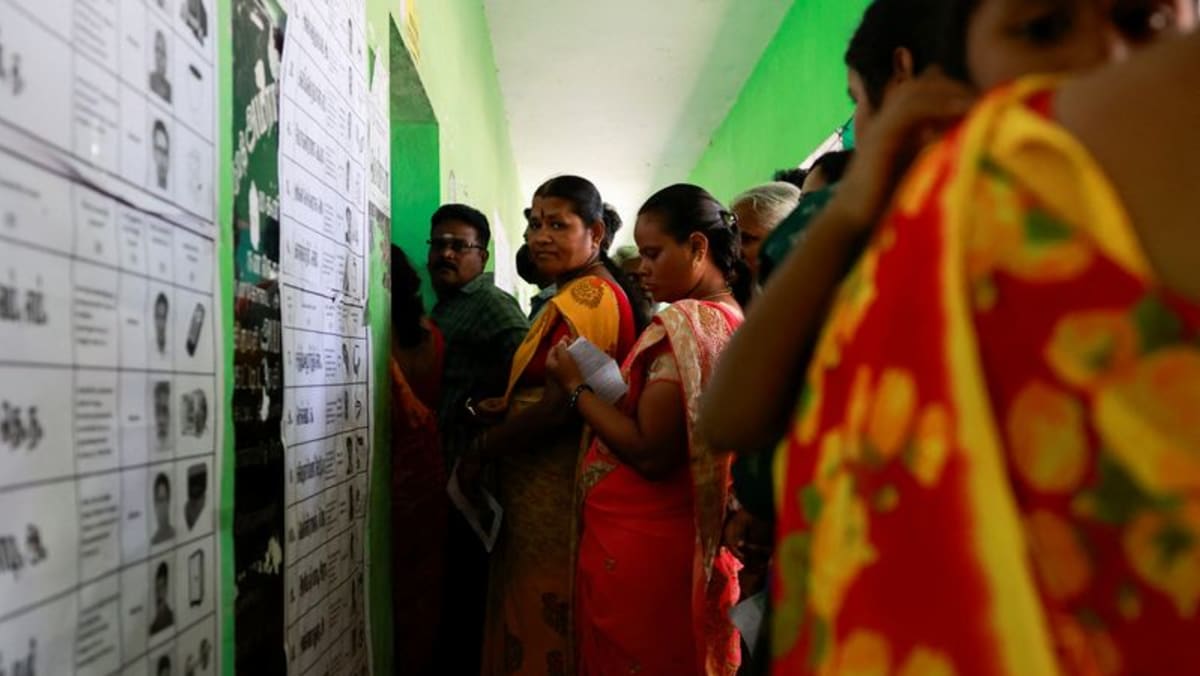In neighbouring Indonesia, concerns over the rise of political Islam and religious conservatism, especially in the lead-up to its latest election last month, appear to have cooled.
All three pairs of presidential and vice-presidential candidates did not succumb to the use of identity politics to garner votes, observers noted.
The three pairs are: Former Jakarta governor Anies Baswedan who teamed up with chairman of the Islamic National Awakening Party (PKB) Muhaimin Iskandar; current Defence Minister Prabowo Subianto and Solo mayor Gibran Rakabuming Raka; as well as former Central Java governor Ganjar Pranowo who ran with former member of PKB Mahfud MD.
The winning duo of Mr Prabowo and Mr Gibran have never been members of Islamic parties, unlike the other two pairs of candidates.
There was worry that the election would be marred by religious conservatism especially since identity politics dominated the 2019 presidential and legislative elections and Jakarta’s 2017 gubernatorial elections.
Mr Ujang Komarudin, a political Islam expert from Jakarta’s Al Azhar University, believes some political groups want to enforce Islamic ideologies but struggle to win in elections because Indonesian society is heterogeneous.
“Objectively speaking, there are indeed people or groups that fight for an Islamic ideology or political Islam.
“But if we look at the Islamic community, Islam itself here is heterogeneous. It is not homogeneous,” said Mr Ujang.
And although about 87 per cent of Indonesia’s over 270 million people are Muslims, many are not pious, Mr Ujang added.
Many Indonesians practise a moderate form of Islam or are Muslims according to their identity cards but do not really practise the religion.
“This impacts the behaviour of the voters and their choice (during elections),” said Mr Ujang.
Beyond that, analysts told CNA that the differing ideologies of various Islamic political groups and their inability to garner mainstream support as well as the country’s foundational philosophical theory of Pancasila appear to counter the threat of rising conservatism in Indonesia.
DIFFERING IDEOLOGIES GOVERNING ISLAMIST POLITICAL PARTIES
Mr Ujang believes that the Islamist political parties in Indonesia are not united and have differing ideologies. This is unlike in Malaysia, with its dominant Islamist party, the Parti Islam Se-Malaysia (PAS).
“For example, PKB and the National Mandate Party (PAN), do they function based on their ideologies? I think not,” said Mr Ujang.
“They function based on interests, whether when forming a coalition or campaigning. They don’t highlight Islamic values but general or universal values if they talk about Islam.”
There are currently nine political parties in the Indonesian parliament.
Five of them are nationalist parties, and four of them have Islamic ideologies, namely PKB, PAN, the Prosperous Justice Party (PKS) and the United Development Party (PPP).
Only PKB showed a significant increase in votes in last month’s legislative elections, making it the fourth-largest party in the upcoming 2024-2029 parliament, whose members will be inaugurated in October.
It was the fifth-largest party in parliament based on the results of the 2019 elections – behind the Indonesian Democratic Party of Struggle (PDI-P), Golkar, Gerindra and National Democratic Party (Nasdem).
“Regarding the legislative election results, thank God. We at PKB are grateful.
“Because we are led by Mr Muhaimin, who is Mr Anies’s vice-presidential candidate, we received a significant coattail effect,” said Mr Zainul Munasichin, secretary of PKB’s election-winning unit.
Coattail effect is the tendency for a political party figure to attract votes for other candidates from the same party.
In the recent election, Mr Anies and Mr Muhaimin were backed by the coalition of PKB, PKS and nationalist party Nasdem.
Before the coalition was formed, some analysts opined that PKB and PKS would not be able to work together because they believed in a different form of Islam. But PKB’s Mr Zainul told CNA that his party’s alliance with PKS was “purely tactical”.
Meanwhile, PAN – which backed Mr Prabowo and Mr Gibran – was founded by people who were members of Indonesia’s second-biggest Islamic organisation, Muhammadiyah.
PAN’s secretary general Eddy Soeparno said it performed slightly better in February’s election compared to five years ago because of the perception then that it was right-wing due to its founder’s participation in events attended by hardline Islamic groups.
The remaining Islamist party in parliament – the PPP – is the oldest and has existed for 51 years.
It was one of the only three political parties during the regime of Suharto, along with nationalist party Golkar and PDI, now named PDI-P.
But in recent years, it has lost ground.
Mr Muhammad Romahurmuziy, chairman of PPP’s advisory council, attributed this to many factors.
One was because it does not have a strong leading figure and political machinery.
“We would have to undertake a major reorientation in the next party congress,” Mr Romahurmuziy told CNA, adding that it is due in December next year but could be brought forward due to the latest election results.
According to the official results released by the Indonesia’s General Elections Commission, PPP did not meet the minimum threshold of 4 per cent to enter the House of Representatives. This is the first time since its establishment in 1973 that the party will not be represented in parliament, although PPP will challenge the election results at the Constitutional Court.
Mr Adi Prayitno, a political Islam expert from Universitas Islam Negeri Syarif Hidayatullah, surmised that parties operate based on interests rather than ideologies because Indonesia has a multi-party presidential system.
“There is a tendency that everyone is just chasing electoral votes,” said Mr Adi.
“In Indonesia, everything is being measured by political interests and not ideology.”
PANCASILA A WAY TO REIN IN IDENTITY POLITICS
In line with this, Mr Ujang from Al Azhar University noted that Islamic conservatism is not a selling point to most Indonesians.
“I don’t think conservatism is a threat in Indonesia because the democracy in Indonesia is built on Pancasila,” said Mr Ujang.
Pancasila is Indonesia’s ideology, which consists of five principles: Belief in one and only God, justice and civilised humanity, unity of the country, democracy guided by the inner wisdom among representatives, and social justice for all Indonesians.
“And Pancasila is the home of all religions in Indonesia, creating harmony,” Mr Ujang said.
Mr Ahmad Khoirul Umam, a political lecturer from Islamic university Paramadina in Jakarta, concurred.
“This is what makes the character of Islam in Indonesia very different from others in the region,” he said.
Mr Umam said Pancasila has become an identity of Indonesia, with its history dating back to the country’s first president, Sukarno.
Dean of Islam Nusantara faculty at Nahdlatul Ulama Indonesia University Ahmad Suaedy told CNA that Pancasila is the reference point for every political group because it encompasses various ideologies.
“So, in Indonesia, there are many religious elements which are used by the state. But they are not part of the political symbol because of Pancasila,” said Mr Ahmad.
In a country with about 1,300 different ethnic groups, the analysts believe that Pancasila has been a crucial element in keeping the country united.
“We are grateful Indonesia has Pancasila, which unites different religious communities. So there is no reason for Islam to be dominant and a threat,” said Mr Ujang.





